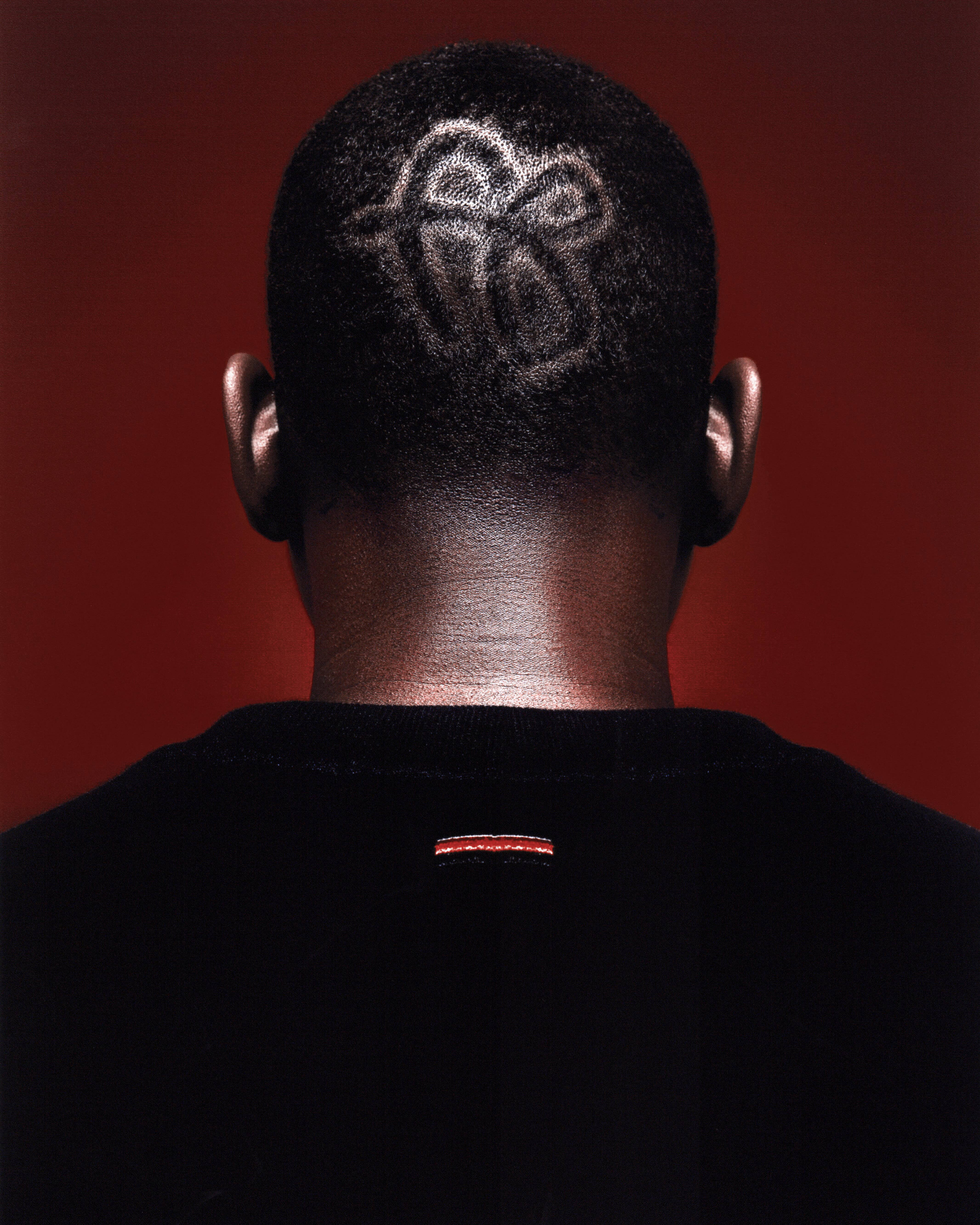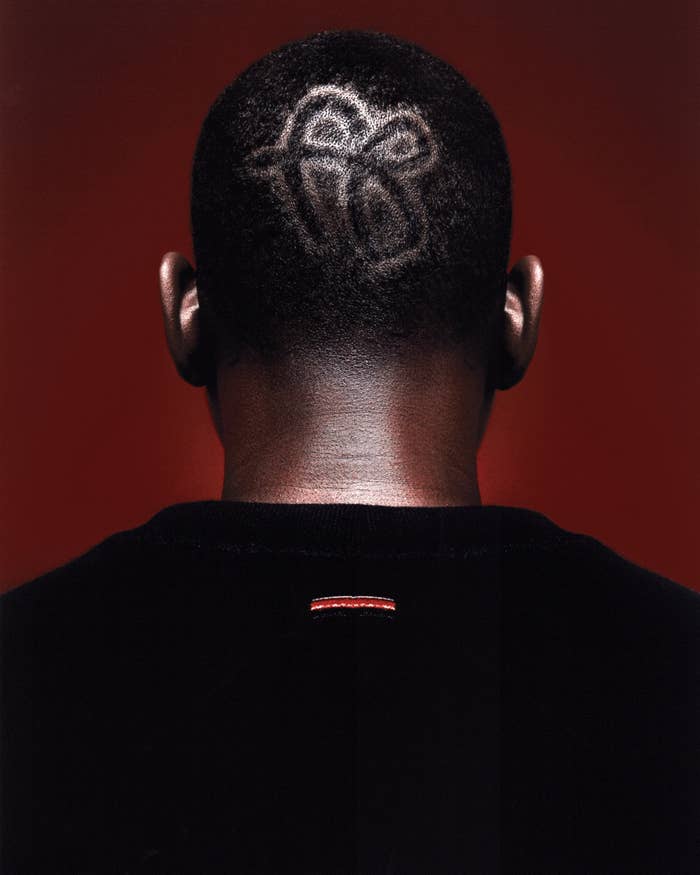
When Antoine Grégory was younger, he owned a red, white, and blue ombre FUBU tracksuit that he wore all the time. Back then he didn’t know that the brand’s name, which stands for “For Us, By Us,” would be a guiding mantra for him. When he launched Black Fashion Fair in 2020, he felt there wasn’t enough focus on Black designers and brands like FUBU. So he introduced a curated marketplace and a digital library that features Black brands.
He also didn’t know he would officially design for the brand, but that’s exactly what he’s doing with his FUBU ARCHIVE Curated by Black Fashion Fair capsule collection that will be available to shop today on BlackFashionFair.org.
“It feels like you innately have some attachment to it. It just feels like it’s yours,” says Grégory about FUBU. “And I think that’s what I’ve always appreciated about the brand is that it did feel like it was for us. But it’s so interesting because when we were on set, the model was like, ‘I had no idea FUBU stood for ‘For Us, By Us.’’ And this collaboration will help introduce the brand to a whole new generation in a whole new way.”
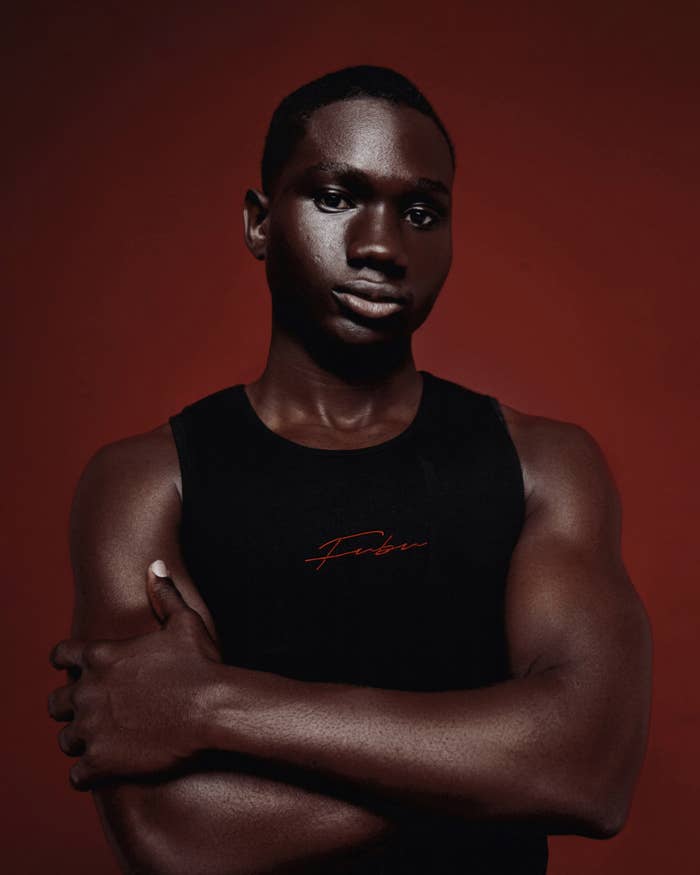
Grégory did extensive archival research, looking at old images of FUBU product and reimagining it for today, but without veering too far off from the brand’s ethos. He discovered a FUBU monogram logo he wasn’t familiar with and used it throughout the collection, placing it on hoodies along with T-shirts and decorating it with crystals. He elongated FUBU’s classic jerseys, turning the sporty silhouette into a dress with ruched sleeves. He placed the FUBU script logo on ribbed tanks and boxing shorts. And he made his own version of FUBU’s red and black geometric logo, transforming it into a simple bar emblem. The line retails from $90 to $292. The first half of the 14-piece collection is available today, and the second portion will drop later this year.
“The FUBU customer gets something new and a customer who is not a FUBU customer gets to experience this new version of FUBU,” says Grégory.
Over the last few years, FUBU has collaborated with retailers including Forever 21, Century 21, Urban Outfitters, and brands like Puma. But those capsules weren’t as elevated and considered as its project with Black Fashion Fair. The campaign, which was shot by Ahmad Barber and Donté Maurice, also known as AB+DM Studio, creates a completely new visual language for the brand and leans into fashion in a way that’s new for them.
FUBU founders Keith Perrin, J. Alexander Martin, Carl Brown, and Daymond John say their licensing agency introduced them to Black Fashion Fair and suggested they produce a capsule collection with the organization. Brown says after a Zoom call, they felt like it was the right fit and pursued it. They also wanted to give back to a Black-operated brand. They gave Grégory, who has been working on the collection since February, creative freedom and were impressed with how much he understood what FUBU represents.
“It’s obvious he’s done his homework,” says Perrin. “He’s a real enthusiast and it shows.”
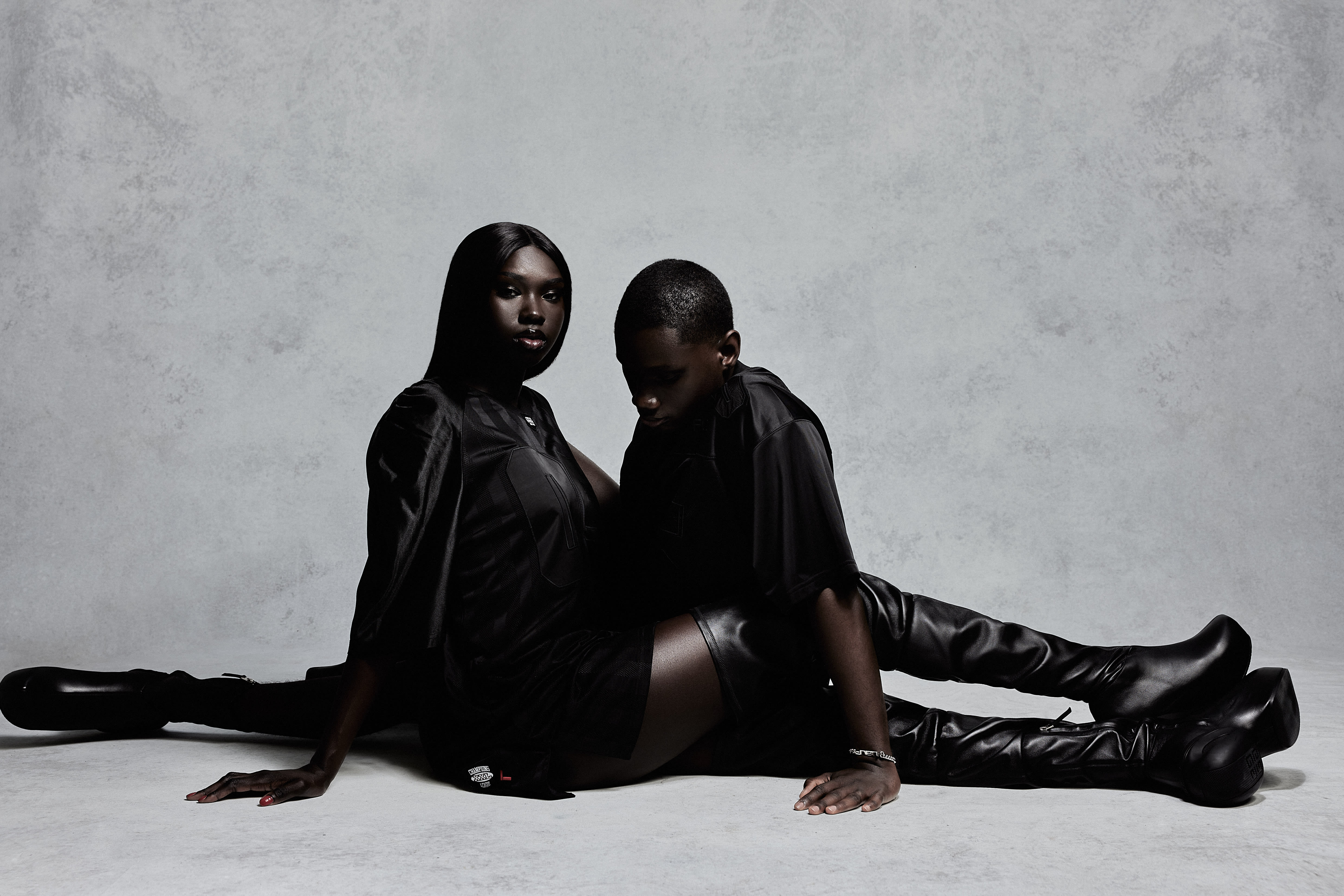
Martin was also happy about the turnout at Black Fashion Fair’s Brooklyn Museum event in August, which was held alongside Virgil Abloh’s “Figures of Speech” exhibit where they sold FUBU T-shirts designed by Black Fashion Fair.
“I wasn’t able to stay long, but that event was really off the chain,” says Martin. “And then I saw the rest of it on social media and I was like, ‘Wow. This is what it turned out to be.’ But it’s all about paying it forward.”
FUBU was founded in 1992. At its height, it was in over 5,000 stores and in 1998 yearly sales were more than $350 million. FUBU was able to scale thanks to a distribution deal with Samsung, but they always owned the company and its name. The team decided to exit the U.S. market in 2003 due to oversaturation, but they still maintained international licensing deals. They started to test the market around 2019 with a Century 21 partnership, but the retailer filed for bankruptcy shortly after. Last year they partnered with licensing agency The Brand Liaison and have dropped collections consistently. They are also operating the For Us By Us Network that includes a radio app and hope to move into hotels.
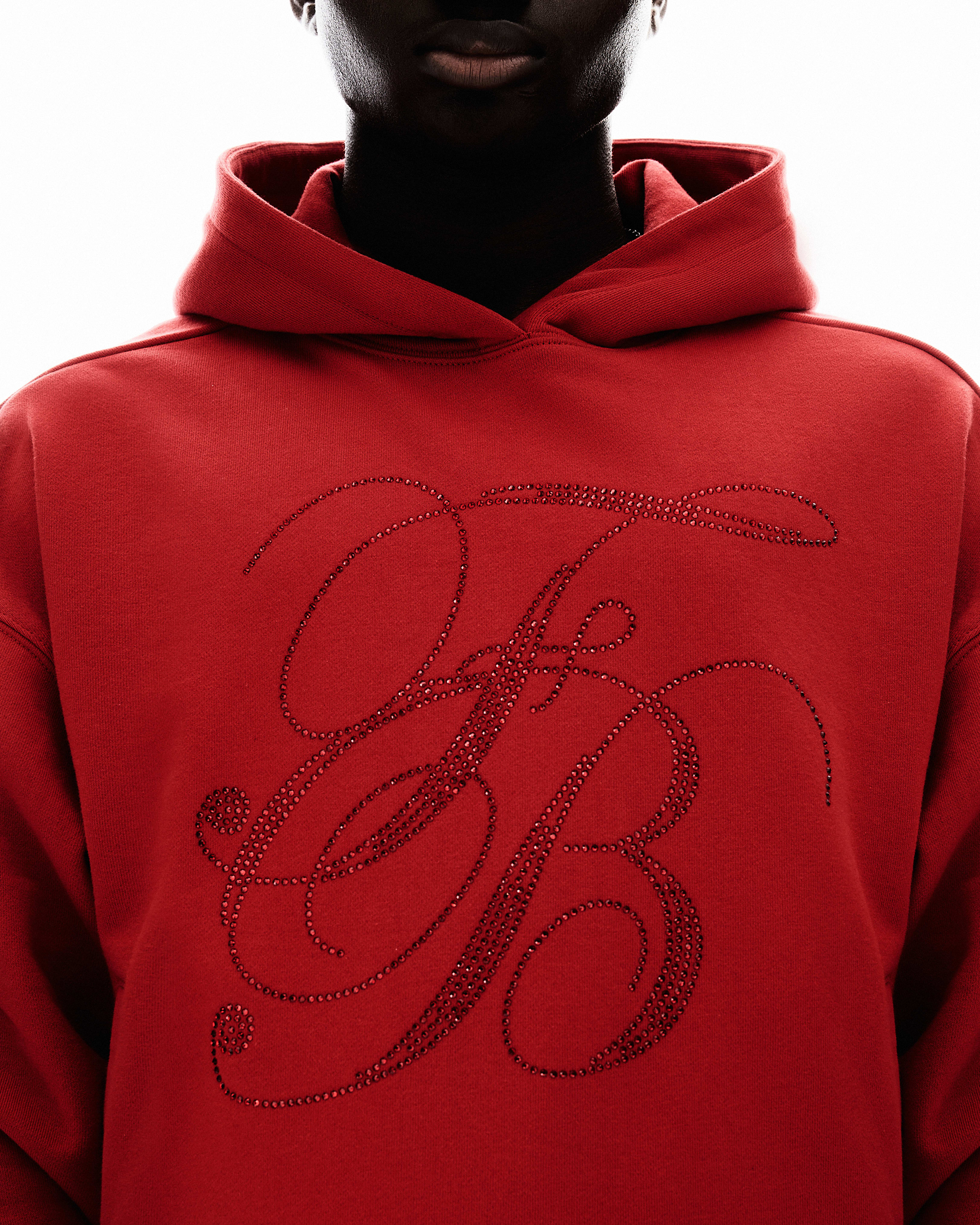
FUBU is one of the many urban streetwear brands that made millions during the ‘90s and early 2000s but eventually lost their cachet. Despite that, they had a lasting influence on the market and maintained strong brand resonance.
“These Black brands influenced companies like Ralph Lauren to a massive degree,” says Grégory. “I think now it’s about how we modernize that influence.”
FUBU’s founders agree.
“I was on a call earlier today and I said, ‘We need to hire these guys,’” says Brown. “Because their interpretation of FUBU is truly the future of the brand. And that’s something we can’t ignore.”
Grégory, who is also brand director for Theophilio, continues to make strides with Black Fashion Fair. Last year, they produced a 200-page book, funded by Warby Parker, that showcased Black culture and its influence on fashion and retailed for $95. He says there will be another book next year titled “New Icons.” He also has a partnership with the Jean-Michel Basquiat estate that’s releasing soon.
“I am trying to build something that is bigger than myself,” says Grégory. “I want Black Fashion Fair to be an institution for Black fashion and Black designers. I want it to be our own institution of discovery and research.”

